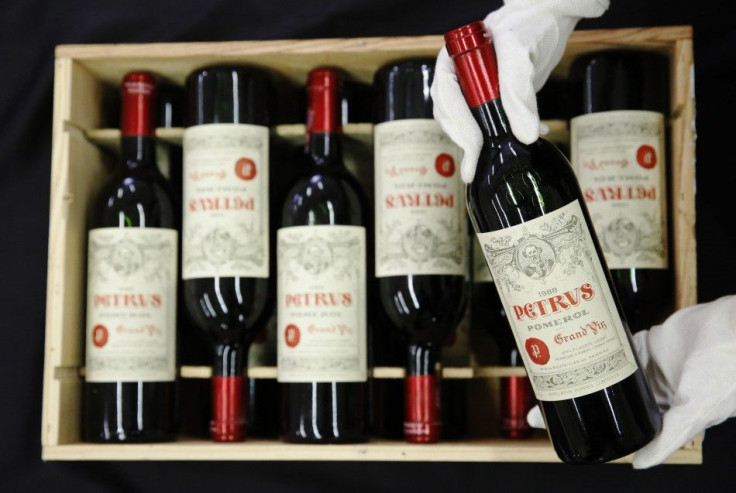New Zealand Wine Growers Oppose Ministry’s Proposal To Collect Regulation Costs

The New Zealand Winegrowers Association Chairman Steve Green has criticised the move of the Ministry of Primary Industries (MPI) to recover regulation costs on the sector. He said the MPI should be looking at new ways to support the wine industry's growth, than imposing extra costs on the sector.
The chairman's reaction followed the MPI's proposal to recover $2.9 million per year from the wine industry to meet regulation costs, which the industry sees as a patently unjustifiable step. Green said wineries had been paying more than $200 million each year in excise tax to the government. In fact, the payments have now increased by more than 60 percent, reports Stuff. Co.Nz. "From our perspective, the demand on the industry to pay an additional $2.9 million to MPI every year is manifestly unjustifiable," Green said.
As the national organisation of wine growers for grape and wine sector, the industry body has 850 grower members and 700 winery members. However, the MPI said the proposal is part of its wider review of the fees that it is charging for its bio-security and food safety services and allied activities.
Star Performer
New Zealand's wine industry has been a star performer for the economy over the past decade, Green said. The exports grew from $435 million in 2005 to $1.33 billion in 2014, and it is expected to reach $2 billion in 2020. "We would have thought MPI, as part of the business growth agenda looking at the wine industry's growth, rather than imposing more costs on the sector." The business growth agenda is a government programme that supports New Zealand businesses in creating jobs to improve New Zealanders' standard of living.
Mandarin Website
Meanwhile, the New Zealand Wine Growers launched a Mandarin-language Web site to boost wine exports to China, which accounts for one fourth of the $100 million worth of New Zealand wine exports each year. According to Wine Grower's global marketing director, Chris Yorke, the Web site is aimed at improving contacts with Chinese consumers, reports Radio Nz.
"In Mandarin there is lot of translations, Marlborough, or Hawke's Bay or Sauvignon Blanc or Merlot. What we're trying to do is make sure there's a standard translation and be able to hook into the whole social media scene," Yorke noted. The marketing official said there are about 600 million Chinese people connected through hand-held devices. Getting into the social media such as Weibo, Youku and WeChat and others is very important for staying connected, Yorke said.
(The writer can be reached with feedback at kalyanaussie@gmail.com)





















